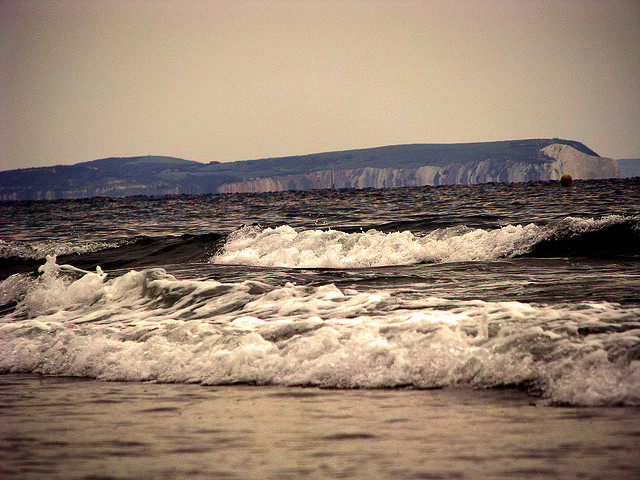View Areas affected by mystery oil spill in a larger map
Bathing waters in Bournemouth may have been contaminated by the substance that debased the Dorset coast last Thursday, and local residents are worried about the effect that it may have.
Investigations are still ongoing after a mysterious oil contaminated the Dorset Coast last Thursday, and hundreds of birds have been found along the South Coast, including Hengistbury Head natural reserve, in Southbourne.
Councillor Mark Anderson, the Council’s Green Champion, said: “We’re worried about how this incident may affect Bournemouth, especially tourism in summer, since our town’s main business is tourism, and personally I am really worried about the birds and other species of this area.”
He added: “Apparently they found just six birds along Bournemouth beaches and the Isle of Wight seems to be safe too, so maybe we may have been lucky, but still we must wait for the results of the investigations. I think the Government and the Coastguards are doing everything they can to track the responsible”.
But residents in Bournemouth are worried about the consequences (see the Breaker’s video below).
Overall, the statistics show that Bournemouth waters have been clean and perfectly safe over recent years, but on May 2013 the Environment Agency will review and update their status, and it will be seen if this incident will affect the town.
The Environment Agency has confirmed the mysterious substance is a refined miner oil mixture, which RSPCA chief inspector, John Pollock, who has been leading rescue operations of about 300 birds along the south coast, described as “white, odourless and globular”.
Emma Rance, marine conservation officer for the Dorset Wildlife Trust, said: ” Investigations are still ongoing but the Environment Agency’s scientists have confirmed that it is a mineral refined oil probably related to petroleum jelly.”
“We still are not sure what this substance is, but it has caused burns to the legs and feathers of affected birds, and we advise people who may find other harmed animals not to touch them because it may be harmful to humans as well”.
Contamination so far has been on a large scale. Mrs Rance said: “It won’t just affect birds, it is potentially harmful to fish, whales, dolphins and many other species.”
Video : Eric Wang
Main picture: maheshieux







